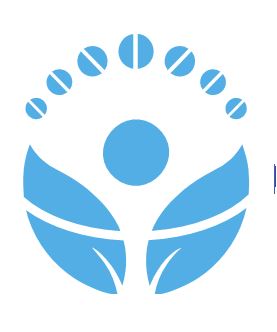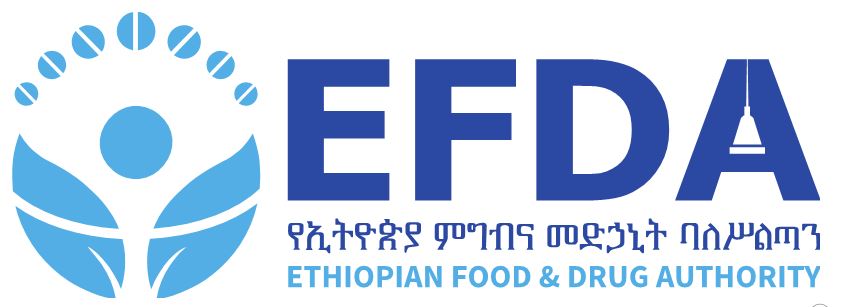Ethiopian drug policy ensures that medicines which are required for prevention, diagnosis, treatment, mitigation and rehabilitation of diseases affecting the majority of Ethiopian people have to be identified and classified to respective levels of health service delivery. FMHACA prepared and revised National List of medicines in light of the latest development in the fields of medicine and pharmacy. Taking into consideration the revised National List of medicines, the current over-thecounter medicines list was revised. Revising and updating over-the-counter medicines list is important for increasing access of these medicines as well as for public to take a more active role in their own healthcare. Over-the-counter (OTC) medicines are medicines that may be sold directly to a consumer without a prescription from pharmacy personnel, as compared to prescription drugs, which are dispensed only to consumers possessing a valid prescription. The Food, Medicines and Healthcare Administration and Control Authority (FMHACA) of Ethiopia decide whether a medicine is safe enough when used without prescription. Though these drugs are legally classified as over-the-counter (i.e., no prescription is required), they still have some risks. Some interact with other medicines, supplements, foods or drinks. Others cause problems for people with certain medical conditions. Therefore it has to be dispensed by pharmacy personnel with a sufficient counseling about the condition as well as the medicament besides the maximum quantity dispensed at one time should be determined. As a general rule, over-the-counter medicines have to be used primarily to treat a condition that does not require the direct supervision of a doctor and they are proving to be reasonably safe and well-tolerated. Consequently, all users of this list are strongly invited to send their comments and suggestions to Food, Medicine and Healthcare Administration and Control Authority of Ethiopia,
- Home
- About Us
- News and Events
- Services
- Publications
- Directorates
- Director General
- Medicine Sector Deputy Director General
- Food Sector Deputy Director General
- Medical Device Sector Deputy Director General
- Chief Executive Officer
- Basic Service Executive Officer
- Competence & Human Resource Management Executive Officer
- Information & Technology Executive Officer
- Organizational Change Management Executive Officer
- Procurement & Finance Executive Officer
- Strategic Affair Executive Officer
- Women & Inclusive Social Affair Executive Officer
- Branch Office Head
- COVID19
- Public Information
- Announcement
- Contact
OVER THE COUNTER MEDICINES LIST FOR ETHIOPIA 2nd edition
You are here:
- Home
- Publication
- OVER THE COUNTER MEDICINES LIST…



